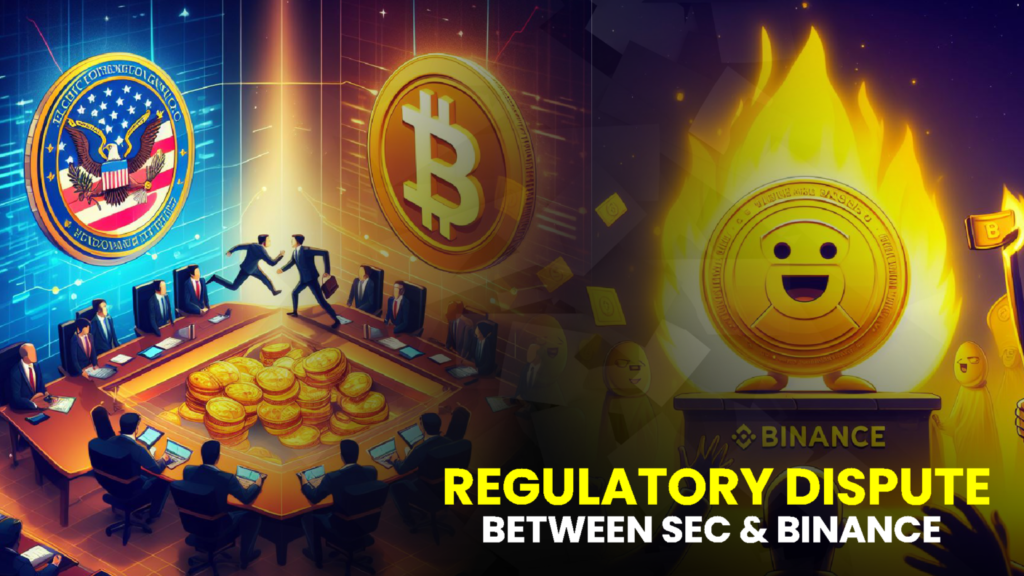The SEC’s Legal Battle with Binance
The crypto world is currently embroiled in a legal showdown between the Securities and Exchange Commission (SEC) and Binance Holdings Limited. The SEC has thrown a legal curveball at Binance, refusing to back down in a lawsuit and claiming broad control over crypto exchanges. The regulatory battleground revolves around the SEC’s assertion that they can regulate exchanges by classifying digital assets as securities.
Paul Grewal’s Critique of the SEC’s Stance
Paul Grewal, Chief Legal Officer at Coinbase, took to Twitter to critique the SEC’s position. In a series of tweets, he pointed out flaws in the SEC’s argument, contending that the regulatory body is overstepping its bounds without a solid legal foundation.
Binance’s ICO Adventure and SEC’s Allegations
In 2017, Binance, under the leadership of Changpeng Zhao, conducted an Initial Coin Offering (ICO) for its token, BNB, and established the Binance.com platform. The SEC alleges that Binance attracted U.S. investors, circumvented regulations, and potentially misled investors through Binance.US.
The SEC’s primary concern lies in their interpretation of “investment contracts” in the Howey Test, a rule derived from the Supreme Court. While traditionally requiring a contract for a business venture’s profit, the SEC contends that it is more flexible, not mandating a contract or a legally enforceable right. Grewal and others in the crypto community challenge this interpretation.
The Confusion Surrounding Cryptocurrency Regulations
Grewal’s tweets highlight the paradox in the SEC’s argument, particularly regarding cases involving contractual obligations. The SEC’s statements inadvertently raise questions about the classification of Bitcoin (BTC) and Ethereum (ETH) as securities.
The SEC’s official document asserts that all of Binance’s activities, including staking programs and the sale of BNB and BUSD, fall under investment contracts. Binance’s assertion that these are merely “ordinary assets” is dismissed by the SEC, which also takes issue with the company’s hypothetical scenarios.
Additionally, the SEC’s memorandum addresses the Major Questions Doctrine, a legal principle related to the agency’s enforcement of congressional enactments. The SEC maintains that this doctrine does not apply to cryptocurrencies, contrary to Binance’s claims.
A Call for Clarity in Cryptocurrency Regulations
Grewal’s concluding tweet emphasizes the urgent need for comprehensive legislation to “put an end to these distortions.” This call for clarity resonates with industry advocates who are striving to navigate the intricate landscape of cryptocurrency law.


